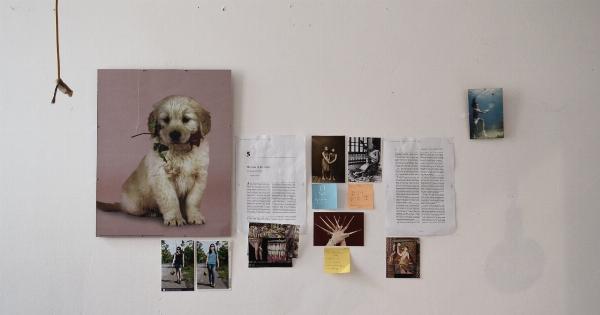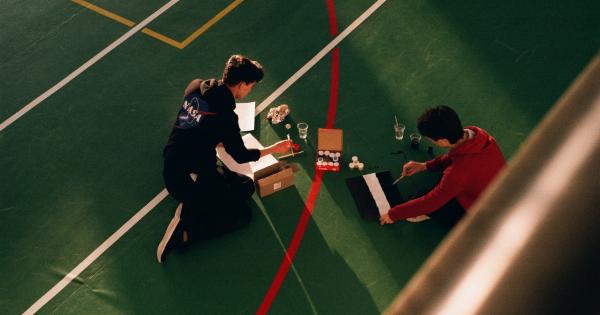Bringing home a furry little puppy can bring a lot of joy to your life, but it also comes with a big responsibility. One of the most important aspects of being a puppy parent is training your new furry friend.
Training is not only essential for your puppy’s safety, but can also help strengthen the bond between you and your beloved pet. Here are some secrets to successful puppy training:.
Start Early
The earlier you begin training your puppy, the easier it will be for them to learn and develop good habits.
Puppies have a critical period of development that starts at 3-14 weeks of age, during which they are more receptive to learning and socialization. The sooner you start, the easier it will be to establish routines, behaviors, and expectations.
Consistency is Key
One of the most important factors in puppy training is consistency. Consistency helps your puppy learn what to expect from you and what is expected of them.
Use the same words and hand signals every time you train your puppy, and make sure all members of the household are on the same page. Consistency will help your puppy learn faster and avoid confusion.
Positive Reinforcement
Positive reinforcement training is a method that has been proven to be the most effective for training puppies and dogs. Treats, praise, and toys can be used to reward desirable behavior.
When your puppy does something good, praise them with a treat and verbal encouragement that will make them feel good. It is important to avoid punishing your puppy for undesired actions. Don’t hit or yell at your puppy – that could impact your relationship with them and make them feel fearful.
Patience and Persistence
Puppy training takes time, patience, and consistency. Your puppy may not learn a new trick or habit on the first try, but with time, persistence, and plenty of praise, they will eventually get it.
Remember, always reward your puppy for good behavior, even if it takes a while to get there.
Short Training Sessions
Puppies have a short attention span, and longer training sessions can lead to boredom and frustration. It’s important to keep training sessions short and fun. It’s better to have several short training sessions than one long, boring one.
Make it a game, and keep the sessions to no more than 15 minutes at a time.
Get to Know Your Puppy
Each puppy is unique, just like people. Some puppies may learn more quickly than others, and some may take a little longer to learn certain habits.
Take the time to get to know your puppy’s learning style and personality so that you can tailor your training to best suit their specific needs.
Distract and redirect
It’s not uncommon for puppies to get distracted and start doing something they’re not supposed to. When this happens, it’s important to redirect their attention to something else.
You could use toys, treats, or even just a change of scenery. The aim is to get them to shift focus so that you can regain control of the situation.
Train in Different Environments
Training your puppy in different environments will help them learn to generalize their behavior. If you only train your puppy in the house, they might not understand that the same rules apply outside or in a new place.
Gradually introduce training in different environments, but be patient – your puppy may need some time to adjust and get used to their new surroundings.
Be Realistic in Your Expectations
Remember, your puppy is a baby. It takes time for them to learn new habits, tricks, and commands. They may not get it perfectly right away. Be patient, and don’t expect too much too soon.
Instead, celebrate small successes and keep working with them until they’ve mastered a command or behavior.
Conclusion
Puppy training is an important part of being a responsible pet parent, but it can also be a fun and rewarding experience for both you and your furry friend.
Remember to be patient, consistent, and positive in your approach, and never punish your puppy for undesired behavior. With a little patience and persistence, your puppy will become a well-behaved member of the family in no time.


























